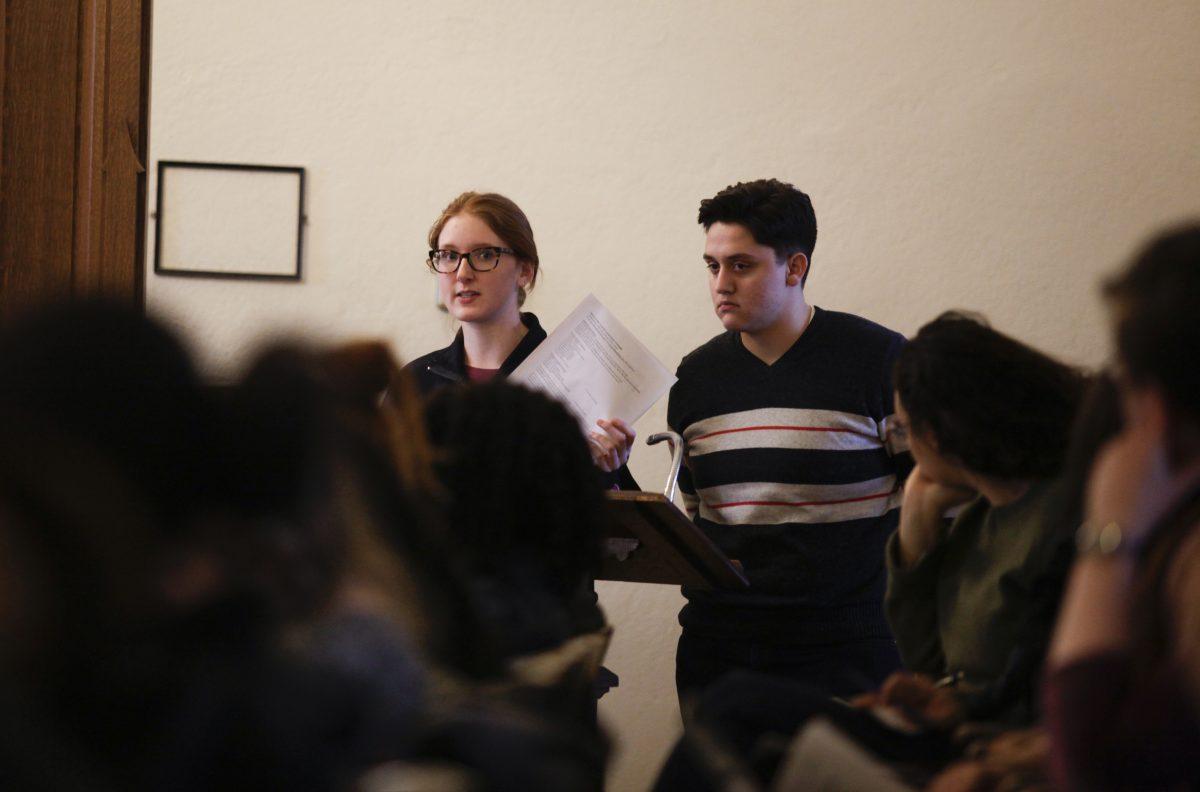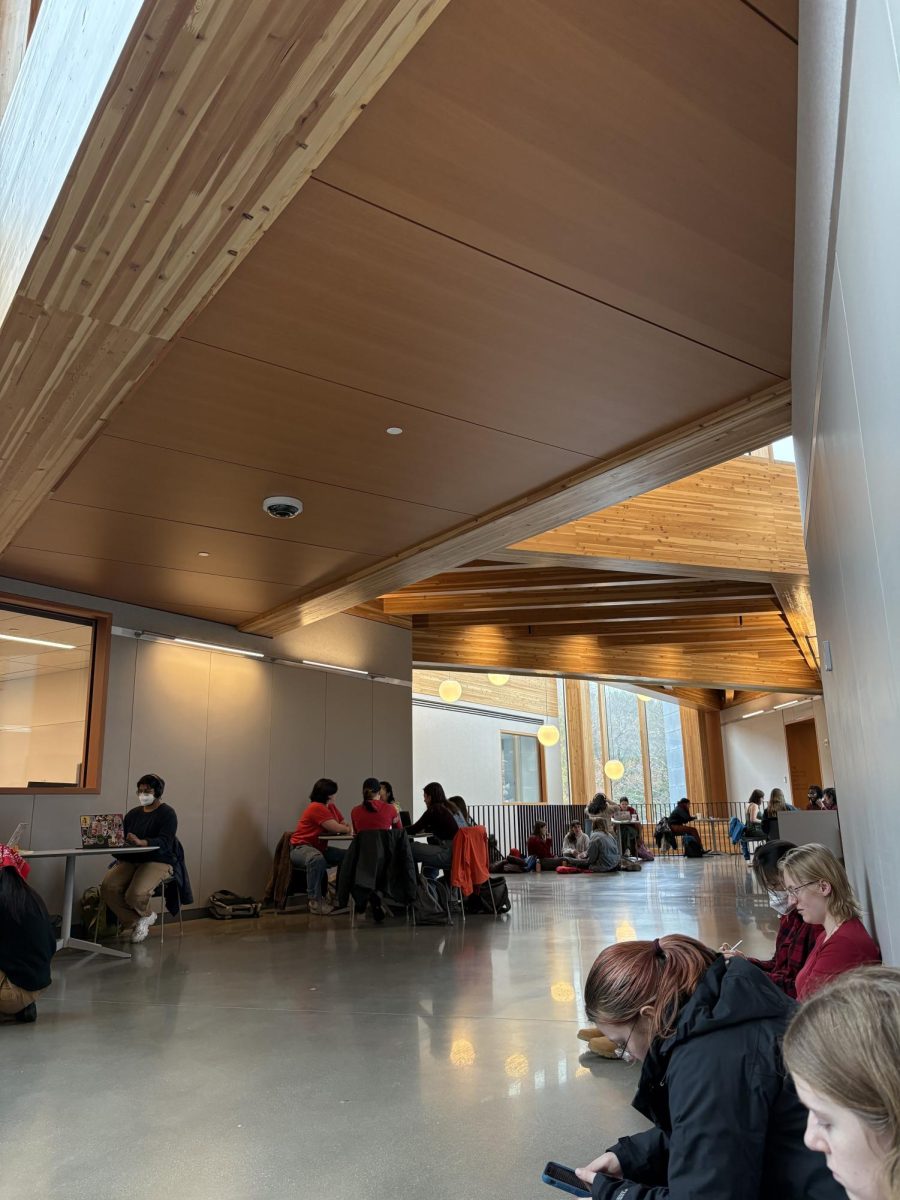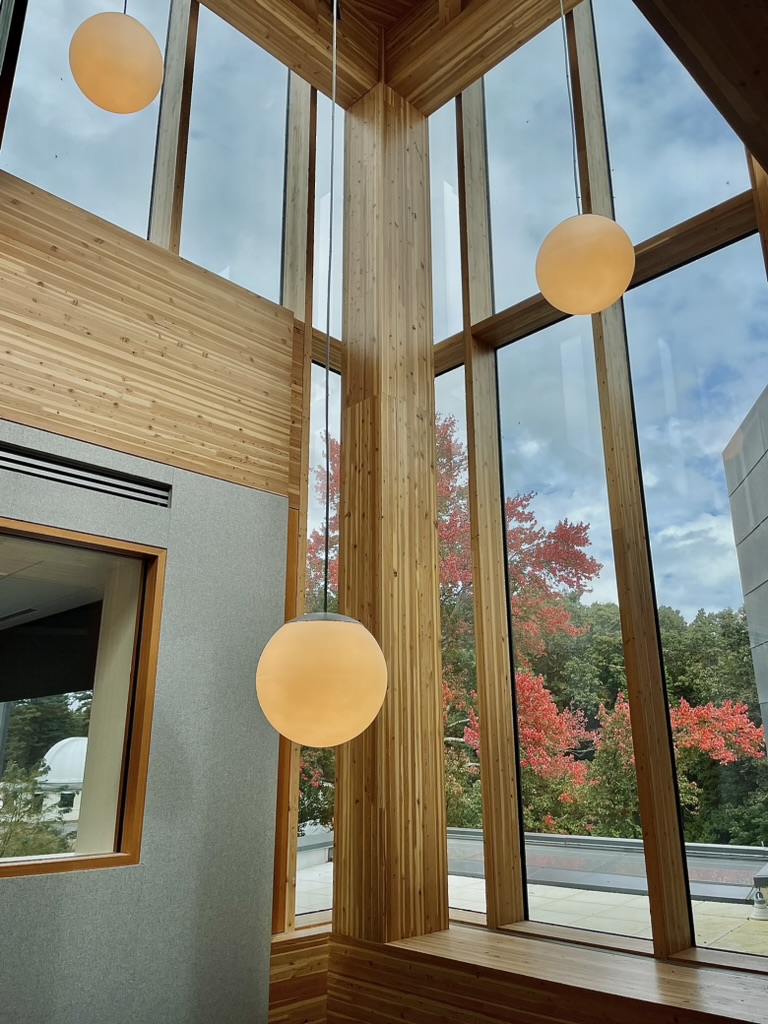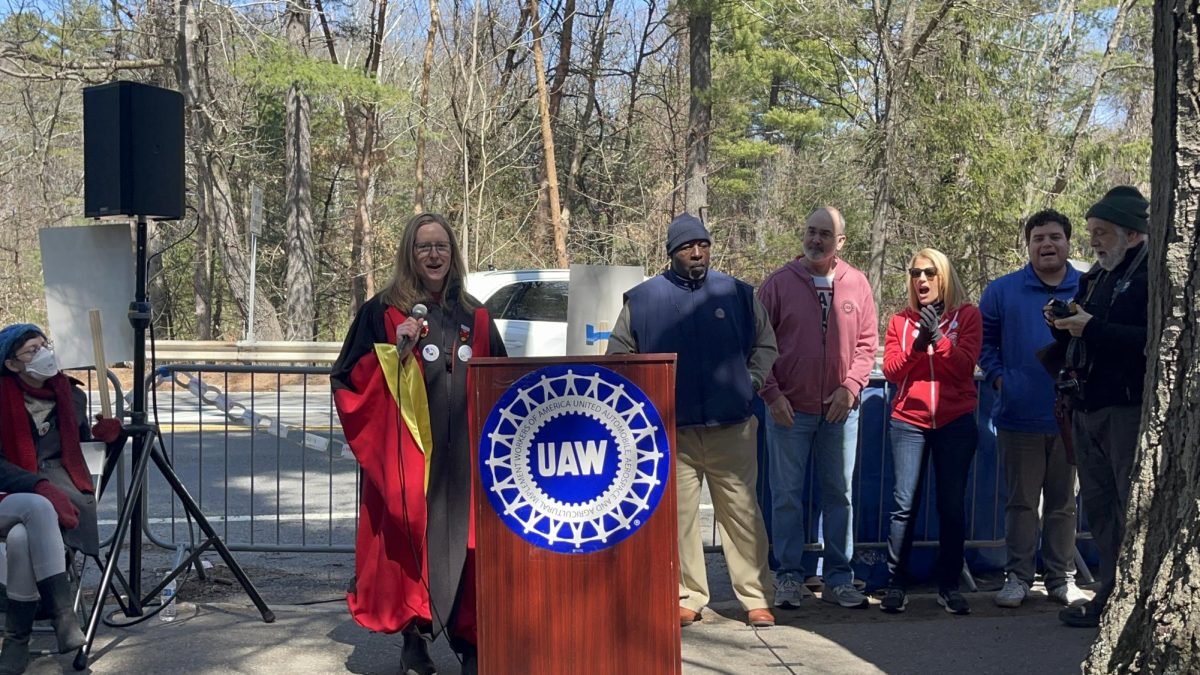At Senate on March 13, Wellesley’s Honor Code Council (HCC) presented a few changes that it wished to make to its Constitution. According to the summary document that was included in the Senate minutes, the goals of these changes were to increase the number of returning students on HCC; allow the Chief Justice to choose the most qualified applicants regardless of class year; ensure that the HCC reflects the diversity of Wellesley’s student body and to update the Constitution so that it reflects the HCC’s current practices. At Senate on March 20, the HCC explained that several students had stated that they were uncomfortable with the changes, so some of the alterations were reversed or amended.
One of the proposed changes to the Constitution concerned the stipulation that there had to be two representatives on HCC from each class year. HCC proposed a new policy in which there must be at least one each of seniors, juniors, sophomores and Davis Scholars, but no other guidelines. This would ensure that the most qualified applicants would be allowed to join without strict guidelines in terms of class year.
As Chief Justice Myra Ahmad ’17 explained, “We also wanted to be able to select the best candidates from our application pool rather than select from each class year… As we tend to have the most applicants for sophomore and junior year positions, we wanted to be able to choose candidates who were most qualified rather than a purely class year based system.”
In addition, the role of Ombudsperson was renamed as Student Advocate in order to clarify the role and to make the position seem less intimidating, as the summary document states. Caitlin McCarey ’17, a Member of HCC and one of the original creators of this proposed amendments, explained that the duties of this position are unchanged. Student Advocates will still “counsel charged students on how to present their side of the story to the hearing panel and answer their questions.” Ahmad added that “We wanted to give a clearer name so those who are not as familiar with our process would understand what the role of this member is on HCC.”
The HCC also proposed that applicants self identify as differently abled, first generation, LGBTQ+, gender non-conforming and/ or as a person of color. The Council suggested that a “substantial mass” of its members must identify as a member of one of these groups, and this term would be defined by the Chief Justice. The proposals also included getting rid of the ALANA (Asian, Latina, AfricanAmerican and Native American) representative on the Council.
Finally, the HCC also changed its Constitution to reflect the current practice of holding one full committee meeting a month. The Constitution stipulates that at least two meetings must be held. However, the Council concluded that this was not feasible and that one meeting a month is adequate.
After initially introducing these changes, the Council heard from many students who were concerned, especially about the diversity quotas that the Council had proposed. As McCarey explained, “There were concerns that this language could be interpreted as ONLY three students of color, or that students of color would feel tokenized or question why they had been accepted to the council.”
In an effort to avoid this, the HCC reinstated the ALANA representative, who will be responsible for diversity outreach and initiatives. The role of this position is now specifically outlined, whereas before it had just been implied. In addition, the HCC created the Outreach Coordinator position to reach out to various groups on campus and to assist the ALANA representative with outreach.
These proposed changes have been the result of months of hard work. McCarey and Emy Urban ’16, both members of the HCC, came up with the idea of focusing on what McCarey calls “the language of the Constitution” in November 2016. The pair proposed a plan, which was later brought to the HCC for approval and then introduced at Senate.
One of the problems that these amendments aim to resolve is difficulty retaining members on the Council, which McCarey and Urban addressed by getting rid of the quota for representatives by class. McCarey said that “This year, there are only four returning members (out of 14 student members). This isn’t unusual, because obviously the senior members will graduate and usually half of the junior members go abroad. This makes it hard for HCC to retain institutional memory. Emy and I wanted to change that… By giving the Chief Justice more flexibility to choose the best applicants, we hope this change will increase the number of returning members.”
In addition, the HCC is striving to increase diversity in its composition. Don Leach, the Honor Code Council Administrative Coordinator, acknowledged that “There’s no one right way to diversify HCC membership. The purpose of both the initial and revised amendment is to expand representation.”
The HCC hopes that these amendments will make the Council more accessible to students and encourage them to get involved. “We hope that once students learn more about HCC, they’ll want to apply! We do really important work on campus, and it’s vital that all parts of the student body are reflected in our discussions and decisions,” McCarey said.
Ahmad agreed with McCarey and said that “HCC is always striving to be as accessible to the student body as possible, while also being efficient and honoring our constitution. We felt the changes would further clarify our practices.”






